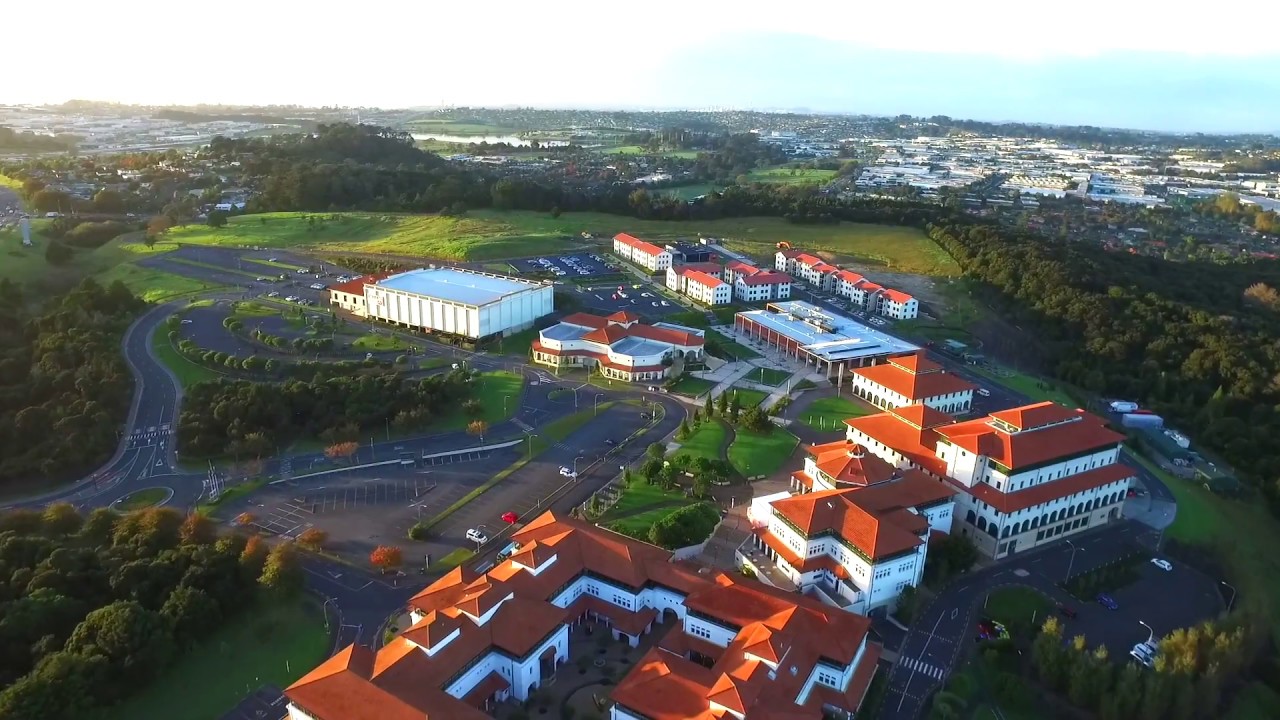Bachelor of Science in Marine Biology
More than 70% of the Earth’s surface is covered by seawater – this marine environment plays a crucial role in supporting life on our planet. It is diverse, complex and a valued natural resource.
Be sought-after by employers
Imagine monitoring whale movements, the impacts of human activities on marine ecosystems or providing consultancy on sustainable practices for construction near waterways. As a marine biologist your unique skills and knowledge will be in huge demand and lead to a range of jobs working independently, or for agencies like regional councils, government departments (e.g. DOC, MPI) or crown research agencies (e.g. NIWA, ESR, GNS).
Exciting study areas
Learn about majestic creatures of the underwater world, gain skills for understanding changes in the abundance and distribution of populations, or the processes governing the stability and resilience of our marine ecosystems.
Giving you the skills you’ll need
Massey’s marine biology programme will introduce you to the biological principles and processes that are basic to all forms of life in the sea. You will learn about the ecology of marine organisms; how they interact with one another, with their environment, and the land. You will gain a solid grounding in marine biology history and theory. Studying at Massey will also give you practical skills in field biology and data analysis, and support you in formulating and answering complex questions about the marine environment.
Campus Information
Auckland campus
Massey University’s innovative Auckland / Oteha campus is located on the North Shore of New Zealand’s largest city – Auckland. The campus grounds are peaceful with many native trees and plants, yet it’s only a five minute walk to the expansive Westfield shopping centre with its movie theatres, shops, restaurants and numerous fast food outlets. If you want to travel further, there are buses running regular routes around the North Shore region and into Auckland city.
Intakes
- Feb
- July
Application Processing Time in Days: 30
Application Process
Minimum English Language Requirements
| English Level Description | IELTS (1.0 -9.0) | TOEFL IBT (0-120) | TOEFL CBT (0-300) | PTE (10-90) | |
|---|---|---|---|---|---|
| Expert | 9 | 120 | 297-300 | 86-90 | |
| Very Good | 8.5 | 115-119 | 280-293 | 83-86 | |
| Very Good | 8 | 110-114 | 270-280 | 79-83 | |
| Good | 7.5 | 102-109 | 253-267 | 73-79 | |
| Good | 7 | 94-101 | 240-253 | 65-73 | |
| Competent | 6.5 | 79-93 | 213-233 | 58-65 | |
| Competent | 6 | 60-78 | 170-210 | 50-58 | |
| Modest | 5.5 | 46-59 | 133-210 | 43-50 | |
| Modest | 5 | 35-45 | 107-133 | 36-43 | |
| Limited | 4 | 32-34 | 97-103 | 30-36 | |
| Extremely Limited | < 4 | < 31 | < 93 | < 30 |
Job Opportunity Potential
Marine biology opens the door to an exciting and dynamic career. Jobs include working in:
- the private sector as an environmental consultant
- government agencies such as the Ministry of Primary Industries or the Department of Conservation
- a crown research institute, such as the national institute of water and atmospheric research, the institute of geological and nuclear sciences
- for private research institutions such as the Cawthorn Institute
- researching for a university.
PSW Opportunity
- During study, all students on a student visa can work up to 20 hours per week during semester and full time during vacations.
- After completing Level 7 Bachelor’s Degree or Higher Qualification, a student will get a three years open post-study work visa.
- After completing Level 8 Post Graduate courses of 1 year, students get 1 year PSW.
Admission Requirement / Eligibility Criteria
- All India Senior School Certificate (AISSC) or Indian School Certificate (ISC) Year 12 with an overall average of 75% and a minimum of 60% in English
- For most undergraduate level programmes, the minimum academic entry requirement is successful completion of a qualification equivalent to the New Zealand Year 13 - NCEA Level 3 University Entrance. International students need to check the equivalency of their secondary school qualification by reviewing the list of Academic Admission Requirements by Country/Region.
- International students who have previously studied at a New Zealand secondary school should refer to the secondary school requirements section.
- International students who have completed 3 x B at level 5 or 6 passes in the New Zealand Diploma of Business may apply for entry into a Bachelor's programme.
- An NZQA transcript as formal evidence of the NZDipBus results is required before credit will be assessed and only papers with a minimum grade of B will be assessed for credit.
- The English language requirements can be met by:
- A minimum IELTS 5.5 (or equivalent) used to gain entry to the NZDipBus or,
- A recent IELTS 6.0 with no band score less than 5.5
- Course Type: Full Time
- Course Level: Bachelors/UG Degree
- Duration: 03 Year
-
Total Tuition Fee:
101310 NZD
Annual Cost of Living: 20000 NZD
Application Fee: N/A
Similar Programs
- Bachelor of Science (Statistics) at Massey University
- Bachelor of Science (Psychology) at Massey University
- Bachelor of Science (Mathematics) at Massey University
- Bachelor of Science (Computer Science) at Massey University
- Bachelor of Information Sciences (Computer Science) at Massey University
- Bachelor of Arts (Statistics) at Massey University

